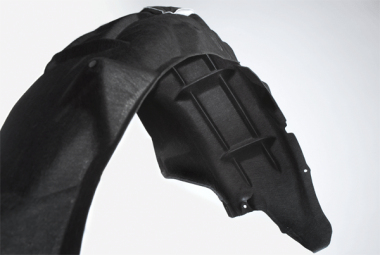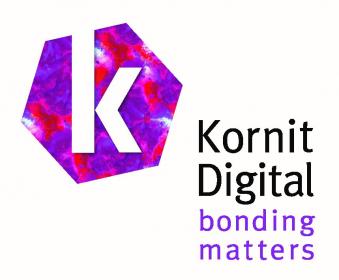ARC Research Hub to support sustainable manufacturing of fibre materials
In August 2023, Australian Research Council (ARC) Chief Research Officer Professor Christina Twomey officially launched the ARC Research Hub for Functional and Sustainable Fibres.
Through collaboration with 16 domestic and international Partner Organisations, the team at the ARC Research Hub will be conducting research across three core themes – Sustainability, Circular Economies, and Extraordinary Functionality.
Led by Deakin University, the ARC Research Hub aims to harness Australia’s research capacity in fibre, textiles, and composite materials to develop materials with enhanced functionality, meeting Australian consumer and industrial demand for advanced fibre capabilities including recycling and re-purposing textile waste.
Professor Twomey said that the ARC Research Hub is fundamental to increasing collaboration between Australia’s most innovative researchers and vital industries.
“The ARC has a proud history of supporting outstanding research that benefits the Australian community, and the ARC Research Hub for Functional and Sustainable Fibres is a great example of this,” Professor Twomey said.
“In collaboration with industry partners, the research team are building on the work undertaken by the ARC Research Hub for a World-class Future Fibre Industry which ended in 2021 – this continued success is no easy feat.
“This new ARC Research Hub will strengthen productivity and competitiveness of the advanced manufacturing sector and will place Australia at the forefront of a global shift towards functional and sustainable materials.”
The ARC is investing $5 million over 5 years under the ARC Industrial Transformation Research Program.
It is expected that the ARC Research Hub will address the immediate need to reduce industry’s reliance on petroleum-derived materials and to reduce the environmental impact of supply chains.
Australian Research Council





























